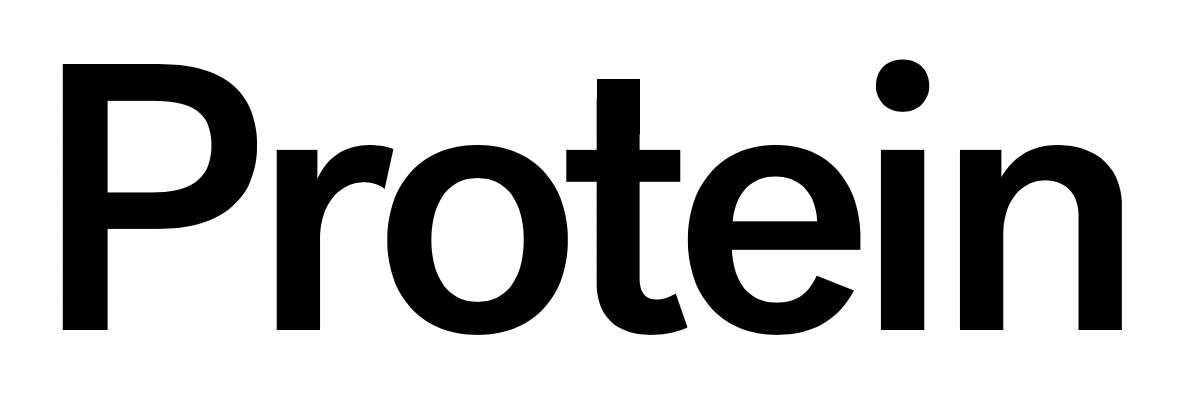Capacitive Coupling
The microprocessors inside future computers could exchange data hundreds of times more efficiently than today's machines using…
The microprocessors inside future computers could exchange data hundreds of times more efficiently than today's machines using a technique being developed by researchers at US company Sun Microsystems. Sun researchers led by Ivan Sutherland have developed a simple prototype system capable of transferring 21.6 billion bits of data per second. The Sun team says "capacitive coupling" could eventually be used to transfer a trillion bits of data per second. The fastest desktop computer can transfer data at about 50 billion bits per second. At the moment, a signal has to pass from one chip to another through a circuit board - which slows it down significantly. But an effect which couples the storage capacity of two adjacent electrical components could make it possible to transfer data hundreds of time faster, although there are significant obstacles to overcome. Changing the electrical properties of one component has a corresponding effect on another a few millionths of a metre away - a phenomenon that could be used to transfer bits of information extremely quickly. The Sun prototype is unique in the way it proposes harnessing this effect for many chips at once. The system consists of a "checkerboard" of chips facing up or down and overlapping at the edges. A paper outlining this proof of principle prototype will be presented at the Custom Integrated Circuits Conference in San Jose, California, on Tuesday. Full article here.



Discussion